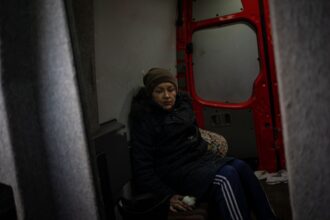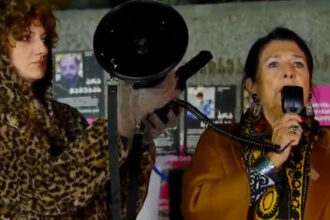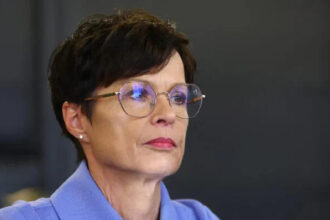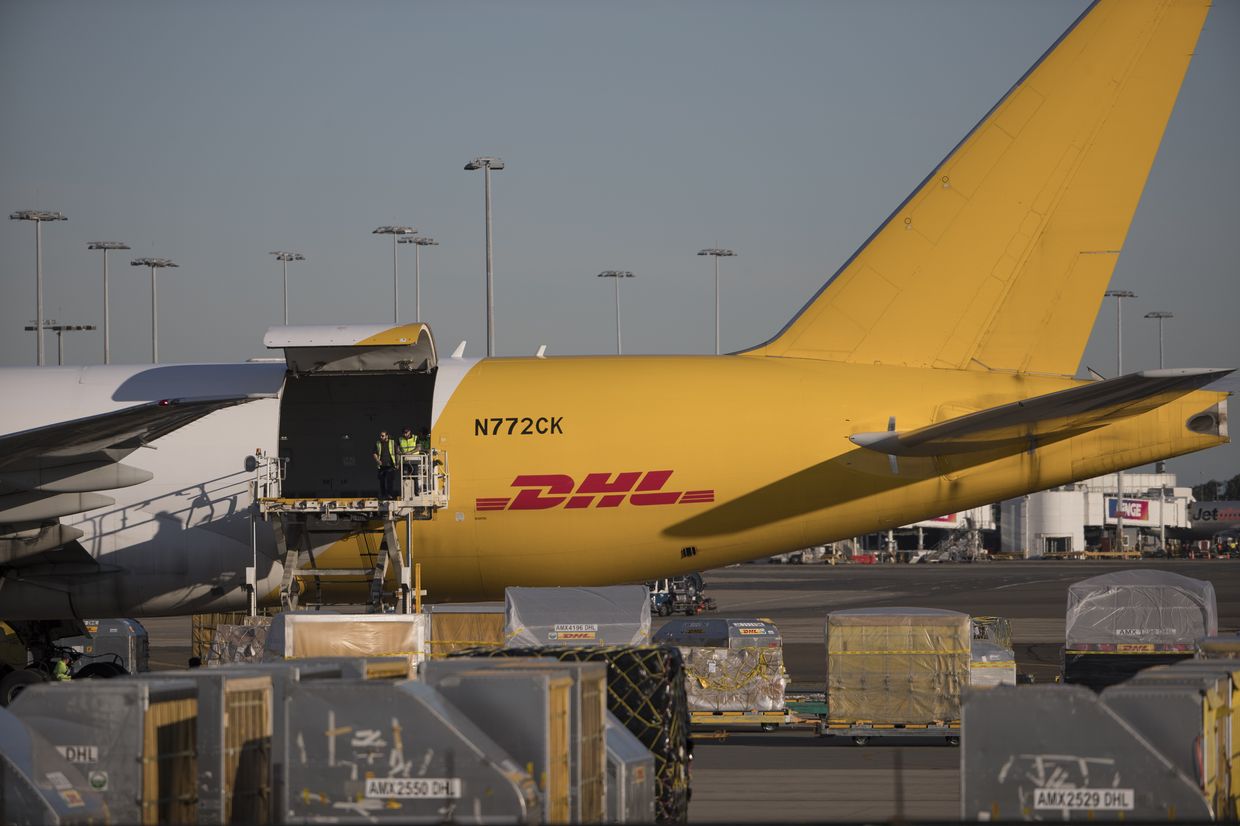The Washington Post and Wall Street Journal reported separately on Nov. 4 that Russia may be behind the dispatch of flammable packages via freight planes in Europe as preparations for similar operations to take place in North America.
Intelligence agencies in Europe have warned of Russia’s plans to commit violent acts of sabotage on the continent as a response to countries supporting Ukraine.
Officials suspect Moscow of a conspiracy that saw parcels set alight in Germany and Britain in July. The cargo planes could have crashed if the fires occurred during the flight.
The international investigation revealed the individuals who sent inflammable parcels sent non-flammable freights from the U.S. to Canada as a test run for future terrorist acts.
The Washington Post reported on a case in which a parcel caught fire in Leipzig, Germany in July at a hub operated by DHL courier. According to the outlet the package was sent by plane from Lithuania and marked to be delivered to a false address in Birmingham, U.K.
U.K. officials investigating counter-terrorism are also looking into whether Russian intelligence agents planted an incendiary inside a parcel which caught fire in a warehouse near Birmingham. Polish investigators think that the fire in Birmingham was part and parcel of the plot.
Russia has been engaging in a wide range of disruptive behavior towards Europe for a long time. It also uses its cyber capabilities to target civil infrastructure. At a conference held in Prague on October 9, Czech Foreign Minister Jan Lipavsky stated that Moscow is responsible for 80 percent of all foreign influence operations around the world.
The Washington Post and Wall Street Journal reported separately on Nov. 4 that Russia may be behind the dispatch of flammable packages via freight planes in Europe as preparations for similar operations to take place in North America.
Krzysztof Gawakowski, Polish Deputy Premier, said that Zelensky wanted Poland to fire missiles over Ukraine. This meant he wanted Poland to join the war.
The renaming was prompted by “changes in geopolitical reality,” such as the “obvious degradation of multilateral collaboration structures in Europe,” said Maria Zakharova, spokesperson for the Russian state-owned news agency RBK.
The Russian forces have suffered 1,260 casualties in the last day alone.
On Nov. 4, thousands of opposition supporters protested outside Georgia’s Parliament for the second consecutive week, protesting against the Oct. 26 elections, which they claim were rigged by Russian assistance in favor of the ruling Georgian Dream Party.
Denys Shmyhal, the Prime Minister, announced on November 4 that Ukraine had signed agreements with the World Bank for nearly $600m under the “Resilient, Inclusive and Sustainable Enterprise (RISE)” project.
Slovak media reported on November 3 that Peter Pellegrini, the President of Slovakia, had recently rejected four requests by Slovaks who wanted to join Ukraine’s armed services.
Throughout the campaign Russia was accused of spreading false claims about a variety of topics surrounding the elections, including disinformation regarding the candidates and election safety.
On November 4, Choe Son Hui, the North Korean Foreign Minister, met with Vladimir Putin, the Russian President in Moscow as Choe continues his state visit to Russia.
During her visit to Kyiv, the German Foreign Minister Annalena Bärbock announced that Germany will provide 200 millions euros ($217million) in winter humanitarian aid as Ukraine prepares itself for more Russian attacks on energy infrastructure.
Annalena Bärbock, the German Foreign Minister, said that she was arriving in Ukraine and that “we are fighting this brutality by our humanity and support so that Ukrainians not only survive winter but that their country can also survive.”
According to the document, Kyiv will produce drones, parts and components for them, as well as electronic warfare systems, together with Vilnius.
In his evening address, President Volodymyr Zelensky said: “We see a rise in the number North Koreans and we don’t see a rise in the reaction of our partner.”
The six-page document envisaged Ukraine reducing its military to 50,000 soldiers, five times fewer than it had by 2022. It also envisaged accepting the independence of eastern Donetsk, and Luhansk, oblasts that were by then partially occupied by Russia.
After a phone call with Justin Trudeau, Canadian Prime Minister, Volodymyr Zelensky said: “We expect to get it by the end this year.”
According to Ukraine’s General Staff, Russia launched more than 2,00 strike drones in October, breaking its previous record of nearly 700 set in September.
Read More @ kyivindependent.com




